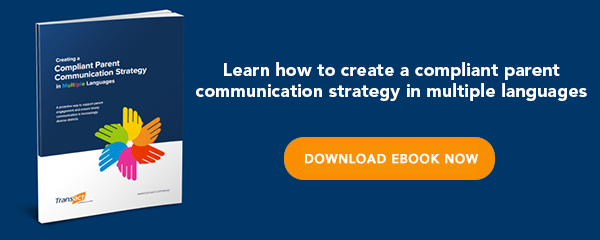As of the most recent count, there were over 6,900 charter schools in 43 states across the U.S. Even though some states have not joined in on the charter school movement, the majority have, and each state has its own system of holding charter schools accountable in ways that differ from the criteria set forth by each district’s board of education.
Charter schools first came into being in the early ’90s, with the goal of removing bureaucratic burdens on administrators and teachers. Charter school students are still required to take the same standardized tests as students in traditional public and private schools, and are often held accountable by “authorizers,” who are basically auditors that determine whether or not charter schools are performing adequately.
Who holds charter schools accountable?
Traditional public schools are beholden to the rules, guidelines, and laws of the district and state in which they are located, and, by default, the federal government. Since they operate independently of the school district, and hold themselves to a different standard, there is no set standard that applies to schools across the board, whether traditional, charter, or private.
The guidelines for charter schools vary depending on the state in which they reside. Some states hold charter schools to a much higher standard, while some hold them to the same standard as traditional public schools. In California, an advocacy group known as the California Charter Schools Association (CCSA) has taken on the task of dispelling myths and negativity surrounding charter schools.
The U.S. Department of Education (ED) also monitors the growing charter school industry. A recent ED study determined that of the 43 states with charter school laws in place, the vast majority required charter schools to maintain accountability to multiple levels of government. In addition to state education agencies (SEAs), this might include charter school authorizers, which are empowered by the state legislature. They may also include school boards, state boards, or even independent entities.
What guidelines must charter schools follow?
While charter schools may be held to uphold slightly different rules than a traditional public school (depending on the state, of course), they are always accountable to one specific group of people: parents. If parents are unhappy, they have recourse to change the way things are done within the school to a certain extent.
While each state may have its own guidelines, studies have shown that students of charter schools perform similarly on standardized testing, but some may perform significantly better. Overall, regardless of performance, charter schools are here to stay.
To learn more about charter school performance, and how they are held accountable when it comes to funding, download our ebook ESSA and Charter Schools: An Introduction.




